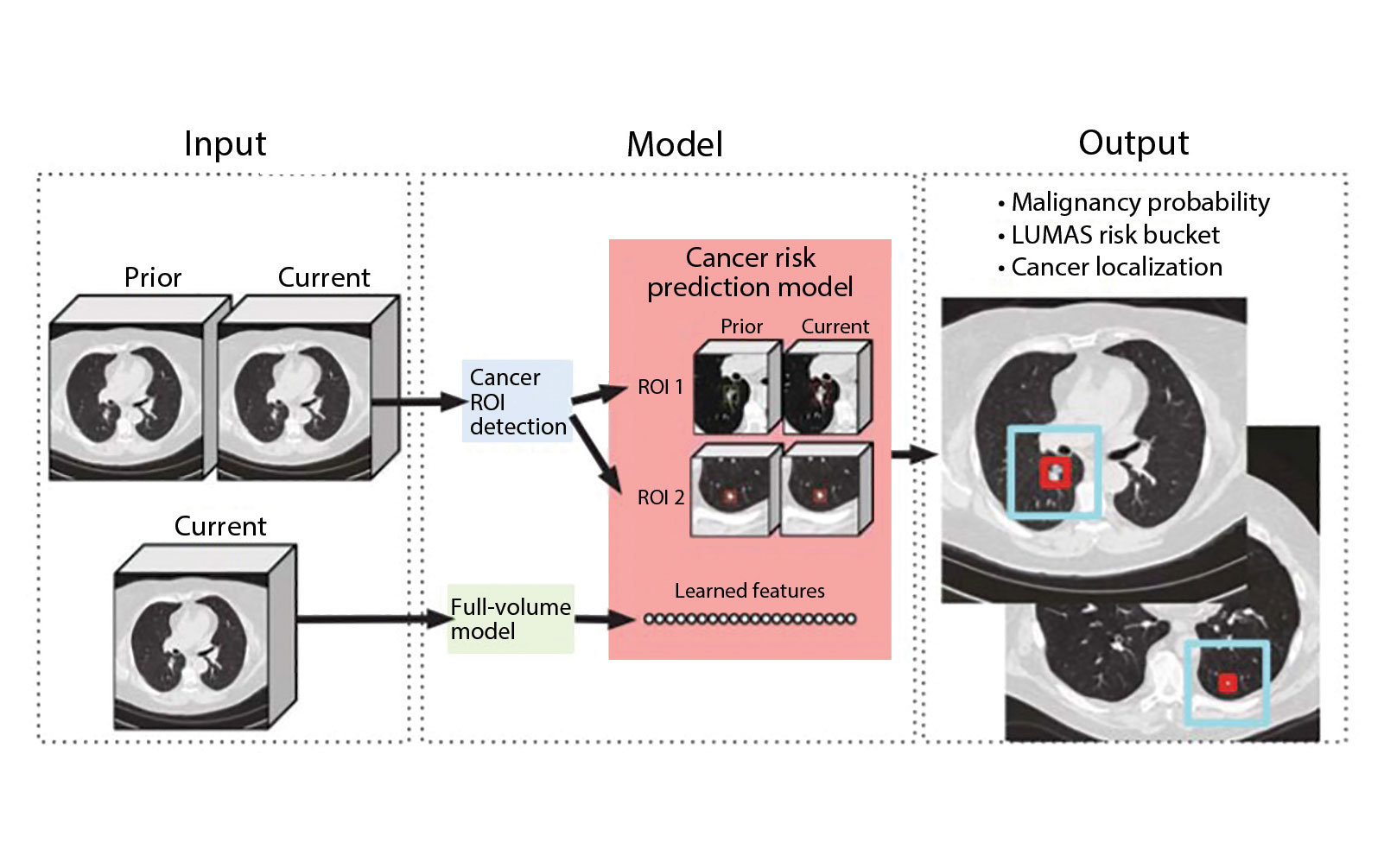
AI Unlocks New Perspectives in Cancer DiagnosticsAI Unlocks New Perspectives in Cancer Diagnostics Artificial intelligence (AI) is revolutionizing healthcare, and one of the most promising areas is cancer diagnostics. AI algorithms can analyze vast amounts of data to identify patterns and anomalies that are invisible to the human eye, leading to early detection, more accurate diagnoses, and personalized treatment recommendations. Early Detection: AI algorithms can analyze medical images, such as MRI scans and biopsies, to detect subtle changes that may indicate cancer at an early stage. By identifying these changes before they become apparent through traditional methods, AI allows for earlier intervention and improved outcomes. Accurate Diagnosis: AI algorithms can assist pathologists in diagnosing cancer by examining tissue samples and identifying subtle features that are difficult to detect manually. This allows for more accurate diagnoses, reducing the risk of misdiagnosis and unnecessary treatments. Personalized Treatment: AI algorithms can integrate patient data, including medical history, genetic information, and tumor characteristics, to develop personalized treatment plans. This approach considers the unique aspects of each patient’s cancer, ensuring that they receive the most effective and tailored therapies. Specific Applications: * Breast Cancer: AI algorithms can analyze mammograms to identify suspicious lesions and assess their risk of malignancy. * Lung Cancer: AI algorithms can detect early-stage lung cancer nodules on CT scans, reducing the need for invasive biopsies. * Prostate Cancer: AI algorithms can assist in prostate biopsy analysis, improving the accuracy of diagnosis and reducing unnecessary biopsies. * Melanoma: AI algorithms can identify suspicious skin lesions based on images, facilitating early detection and reducing the risk of delayed diagnosis. Benefits of AI in Cancer Diagnostics: * Improved patient outcomes: Earlier detection and accurate diagnoses lead to better treatment outcomes and increased survival rates. * Reduced healthcare costs: Early detection and personalized treatment can prevent unnecessary tests and treatments, saving healthcare resources. * Enhanced precision medicine: AI algorithms enable the development of tailored therapies that are specifically designed for each patient’s cancer. * Time savings: AI algorithms can automate many diagnostic tasks, freeing up healthcare professionals to spend more time with patients. Conclusion: AI is transforming cancer diagnostics, providing new perspectives and unlocking unprecedented possibilities. By enabling early detection, accurate diagnoses, and personalized treatment, AI is revolutionizing the way cancer is diagnosed and treated, ultimately improving the lives of patients and the healthcare system as a whole.
Posted inNews